Results
-
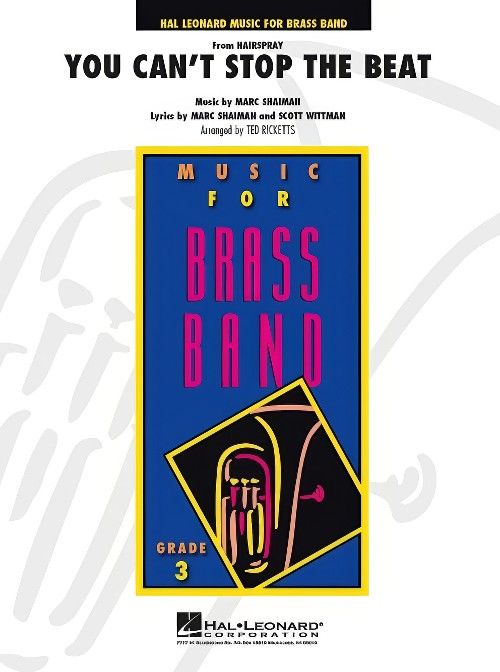 £53.50
£53.50You Can't Stop the Beat (from Hairspray) (Brass Band - Score and Parts) - Shaiman & Wittman - Bond & Ricketts
This upbeat showstopper from the Broadway musical and hit movie Hairspray is a great way to infuse some added excitement into your next program. This is sure to sound impressive even with younger bands.Duration: 3.00
Estimated dispatch 7-14 working days
-
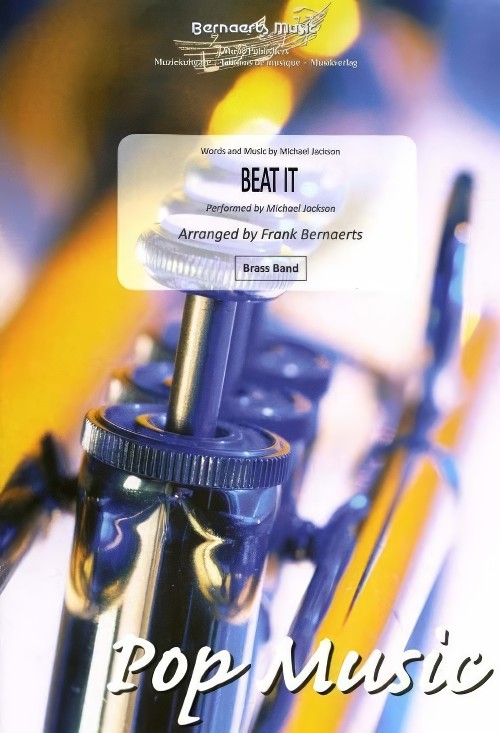 £53.99
£53.99Beat It (Brass Band - Score and Parts) - Jackson, Michael - Bernaerts, Frank
As performed by Michael Jackson. Duration: 3.10
Estimated dispatch 7-14 working days
-
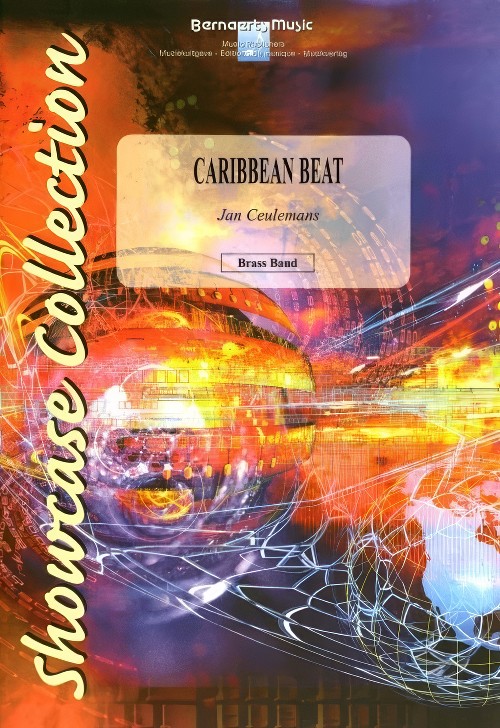 £54.99
£54.99Caribbean Beat (Brass Band - Score and Parts) - Ceulemans, Jan
Duration: 03:15
Estimated dispatch 7-14 working days
-
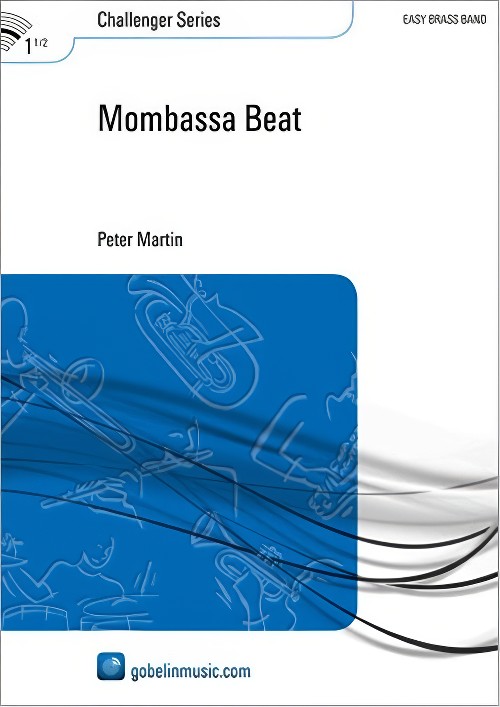 £53.50
£53.50Mombassa Beat (Brass Band - Score and Parts) - Martin, Peter
A contagious piece of music by Peter Martin in which he hints at the popular amusement music by Bert Kaempfert. Mombassa is a lively harbour city in Kenya which can be heard in the music. Happiness and cheeriness are the ingredients of this nice piece. Success is assured.Duration: 2:15
Estimated dispatch 7-14 working days
-
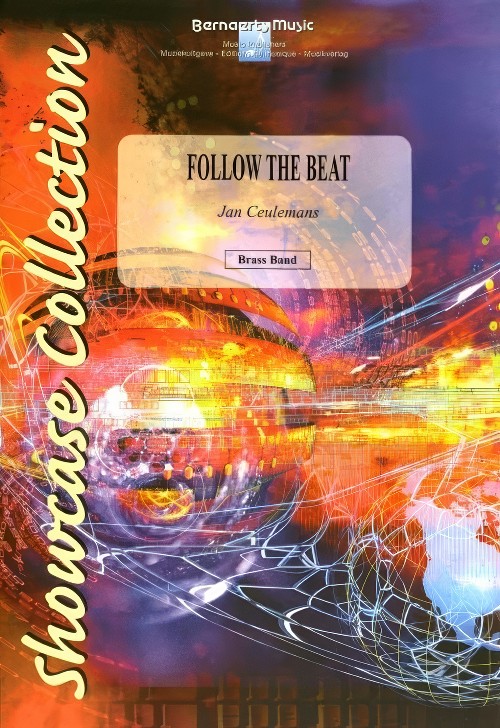 £54.99
£54.99Follow the Beat (Brass Band - Score and Parts) - Ceulemans, Jan
Duration: 03:20
Estimated dispatch 7-14 working days
-
 £39.99
£39.99On the Beat (Brass Band - Score and Parts) - Nijs, Johan
Duration: 2.40
Estimated dispatch 7-14 working days
-
 £19.95
£19.95MARCH WITH A BEAT (Brass Band Set)
Estimated dispatch 7-14 working days
-
 £25.00
£25.00On The Beat
A lively concert work with a fun reference in the introduction to celebrate the commissioning band's (The Essex Police Band) 40th anniversary.It makes for an ideal contrast in any concert programme, offering a refreshingly light and jolly interlude.
In Stock: Estimated dispatch 3-5 working days
-
 £19.95
£19.95March with a Beat (Brass Band - Score and Parts)
Estimated dispatch 7-14 working days
-
£22.00
